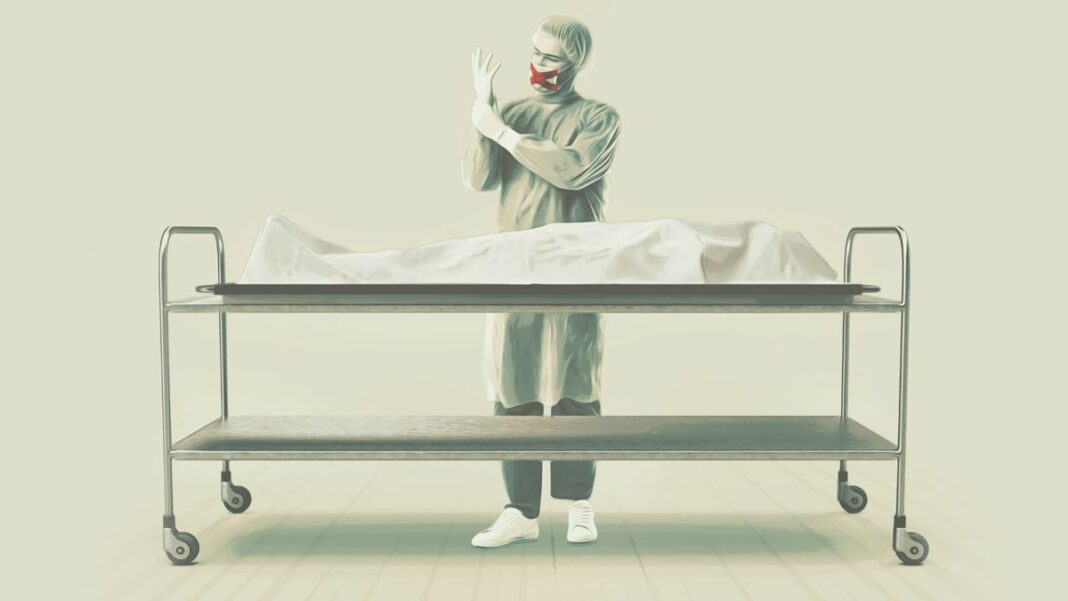
While U.S. tests focus narrowly on whether phones heat tissue, some experts argue they fail to show the whole picture.
France’s recent ban on sales of the iPhone 12 due to radiation concerns has sparked apprehension throughout Europe about the health risks of cellphone radiation exposure. While U.S. tests focus narrowly on whether phones heat tissue, some experts argue they fail to show the whole picture.
“The way they’re tested is to see whether or not they heat you up, and not for the chronic long-term effects that have been demonstrated,” Devra Davis, a cancer epidemiologist who holds a doctorate in science studies and a master’s in public health in epidemiology, told The Epoch Times. “Particularly the effects on sperm and lower testosterone, among others.”
Cellphone Radiation Tests Are ‘Rigged’: Expert
According to Ms. Davis, the biggest problem with U.S. testing is that it’s not conducted with the phone against the body. She compared it to the “Dieselgate” scandal involving Volkswagen, where the company rigged its tests to show lower exhaust emissions than the vehicle actually produced.
“The same thing is happening here,” she added, noting that the tests were initially set up with spacers, as if phones were in holsters or holders.
When the French government tests cellphones as they are actually used, “like in your hand [or] next to your body,” Ms. Davis said, the phones exceed European Union (EU) radiation limits. France has pulled or required software updates for 42 other cellphone models that emit excessive radiation since 2017, The Telegraph reported.
The United States lacks this oversight, according to Ms. Davis.
The telecommunications industry has almost complete control of the Federal Communications Commission (FCC), according to a report published by Harvard University’s Edmond J. Safra Center for Ethics (pdf). A telecom lobbying group executive boasted its lobbyists meet FCC officials 500 times annually, the report stated.
“We don’t have any programs to test phones after they’ve been approved,” Ms. Davis said. “And the approval process is self-regulated because of this revolving door that takes place between the FCC and the telecom industry.”
Ms. Davis said if phones underwent drug testing, they’d be illegal.





